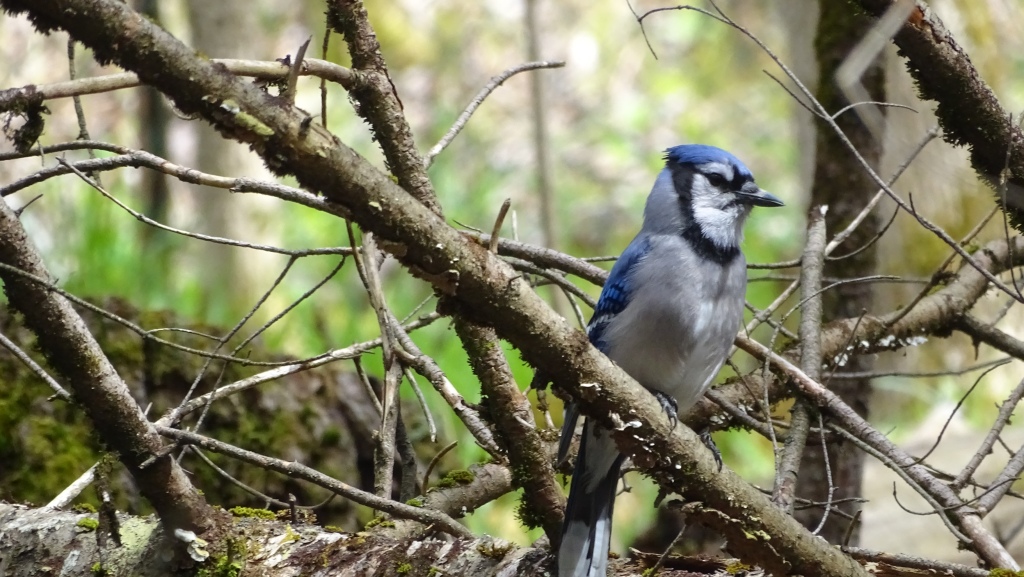
This issue of Gender and Education explores aspects of the relationship of ecofeminisms and the environment to gender and education in the broadest sense. It provides an opportunity to re-think how ecofeminisms have, or could, inform educational theory and practice. In our call for papers we suggested the following questions as one way of sparking ideas for contributors:
- How is ecofeminist thought currently being taken up in practice in diverse educational sites (e.g. early childhood, elementary, secondary and higher education, informal, community and adult education, activist learning, social learning, public pedagogies)?
- How does ecofeminist-inspired education, training, or activist pedagogies perpetuate and/or disrupt dominant ideologies about gender and the marginalization of diverse voices?
- What affinities and tensions are at play between ecofeminisms and feminist new materialisms, intersectionality, and/or posthumanism, and what might these imply for gender and education?
- How could critical environmentally-oriented education movements and subfields (e.g. climate justice education, common worlds pedagogies, critical animal-focused education, critical food education, environmental justice education, Land education, queer ecopedagogies, etc.) be more informed by ecofeminism, and what directions could that take those fields?
- What could ecofeminisms contribute to queer feminisms and what could queer feminisms contribute to ecofeminisms in the context of educational practice and theory?
- How are the hyper-accelerating changes in environmental conditions in specific locales around the world affecting women, girls, and those who identify as nonbinary and genderfluid, and what roles might education initiatives play in response?
- What insights might ecofeminisms offer for understanding the complex relationships between gender, environmentalism, colonialism and anti-colonialism, particularly in post-colonial and settler-colonial educational contexts?
- What can be learned from historical and contemporary ecofeminist thought, perhaps especially in light of debates around ‘strategic essentialisms’?
While many of these questions are left unanswered in this Special Issue, they nonetheless provided a starting place. They also point to potential questions that future scholars might find generative.
– – – – –
Annette Gough, Yi Chien Jade Ho, Teresa Lloro, Constance Russell,
Shirley Walters & Hilary Whitehouse (21 Mar 2024): Ecofeminisms and education:
repositioning gender and environment in education, Gender and Education, DOI:
10.1080/09540253.2024.2329289


